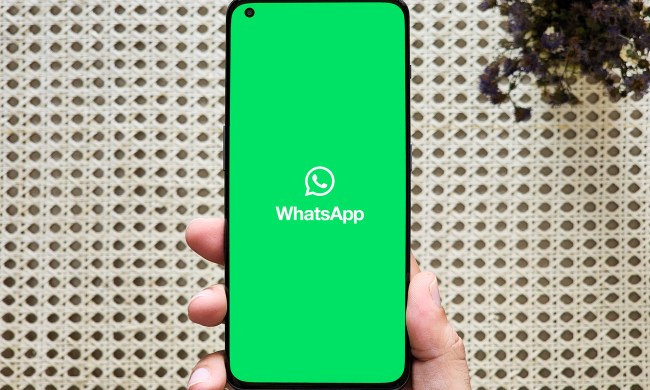
The LinkedIn website itself was blocked in Russia a few weeks ago, as officials penalized the site for failing to store data on citizens within the nation’s borders. Once this happened, both the Android and iOS versions of the app stopped working properly, so while the official removal of the app from respective stores didn’t do much functionally, it does send a rather alarming symbolic message. Even though both tech giants have insisted they are proponents of free speech, it seems they can do little in the face of such stringent censorship.
This is not the first time an app or site has been blocked in Russia and other countries. China and Turkey have also made headlines in recent months over their decisions to disallow various online service. But this case is different in its involvement of Apple and Google — previous blockages have normally been done through state-run internet service providers, not foreign companies.
“Apps are the new choke point of free expression,” Rebecca MacKinnon, who leads a project on open internet tracking at New America, told the Times. Apple has admitted that it was asked to remove the LinkedIn app in Russia a month ago, and Google noted that it abides by local laws in countries of operation.
As for LinkedIn, the company has expressed malcontent over the latest move in Russia.
“It denies access to our members in Russia and the companies that use LinkedIn to grow their businesses,” said Nicole Leverich, a company spokeswoman. But like it or not, it doesn’t look as though anything is going to change anytime soon.

